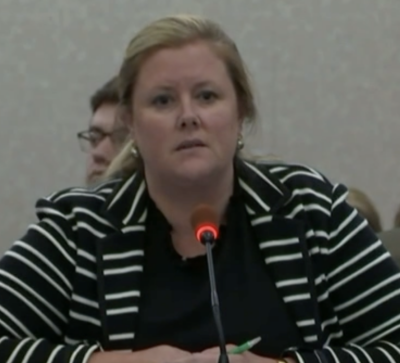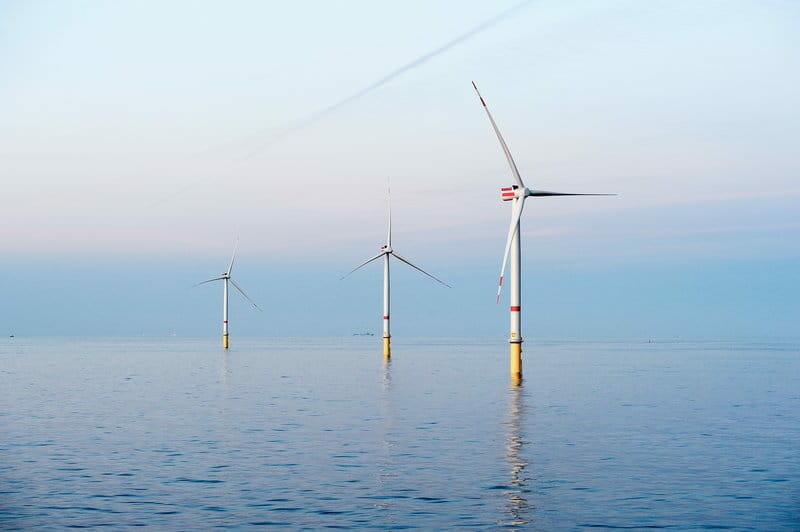Legislation to direct federal tax credits to wind developer Ørsted appears on track to win approval as part of New Jersey’s $53 billion state budget plan this week.
The measures could steer billions of dollars in federal tax credits to Ørsted, relieving mounting cost pressures on the company’s plans for the Ocean Wind 1 array of 100 turbines, which would be New Jersey’s first utility-scale wind power development. It’s a centerpiece of Democratic Gov. Phil Murphy’s plan to shift New Jersey toward low-emissions energy sources by the 2030s.
Debate on bills in the state capitol Trenton centered on support for the Murphy administration’s goals for shifting away from fossil fuel energy, and objections from Jersey Shore community activists who say industrial development just offshore threatens their fishing and tourism industries.
“We rely on commercial fishing, we rely on tourism to literally buoy our economy,” said Kristen O’Rourke, the quality of life director for Point Pleasant Beach, N.J.
Testifying before the state Senate budget committee Tuesday cited studies by New Jersey beach community advocates, including Cape May County, that contend the visual impact of turbines within sight of beach resorts could reduce tourism by 15 percent.
Like offshore wind companies, resort communities are feeling the pinch of inflation, O’Rourke said: “We’re all on the same page here, but we’re not receiving a tax credit.”

It’s unfair to give Ørsted the benefit of tax credits after the company made its financial commitment during New Jersey’s solicitation process for wind power. Opponents of offshore wind and the state Division of Rate Counsel likewise argue that the federal tax credits should go toward reducing electric consumers’ monthly bills for power when the wind turbines are built are starting producing electricity.
Part of the measure would direct $200 million for other offshore wind infrastructure, including a monopile foundation facility at the port of Paulsboro on the Delaware River. That’s part of state officials’ ambitions to make New Jersey a central location for Mid-Atlantic wind power development, competing with Virginia ports.
In a prepared statement Maddy Urbish, head of government affairs and market strategy for Ørsted’s New Jersey group, said the tax credit redirection will not increase ratepayers’ bills.
“This bill creates an opportunity to capitalize on federal tax incentives for offshore wind, which would support increased investments in the first U.S. monopile facility at the Port of Paulsboro, among other local commitments,” according to Urbish. “These federal incentives present an opportunity for the state to further secure economic investments and create hundreds of family-sustaining jobs in New Jersey while addressing the unprecedented macroeconomic challenges of today, at no additional cost to ratepayers.”
The bill moved through state Assembly and Senate committees early in the week, largely along partisan lines with the Democratic majority supporting the Murphy administration’s goals. Just a few weeks before, some state officials were warning Ørsted should not expect to re-negotiate terms of its earlier agreements.
Supporters said changes made in committee would put in protections for consumers.
“The bill would allow Ørsted to retain certain incremental federal tax benefits without passing the value of those benefits to ratepayers or adjusting the offshore wind renewable energy certificate (OREC) pricing schedule for Ocean Wind 1,” according to a statement with the Assembly bill. “This may cause utility rates to be higher than otherwise, thereby resulting in higher costs incurred by the State and local government entities.”







